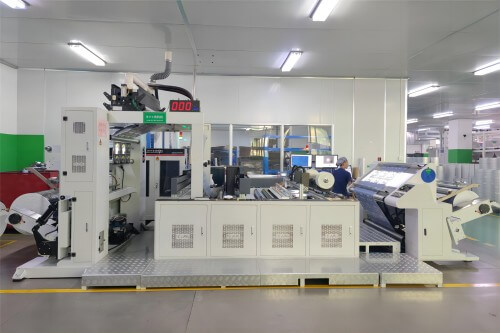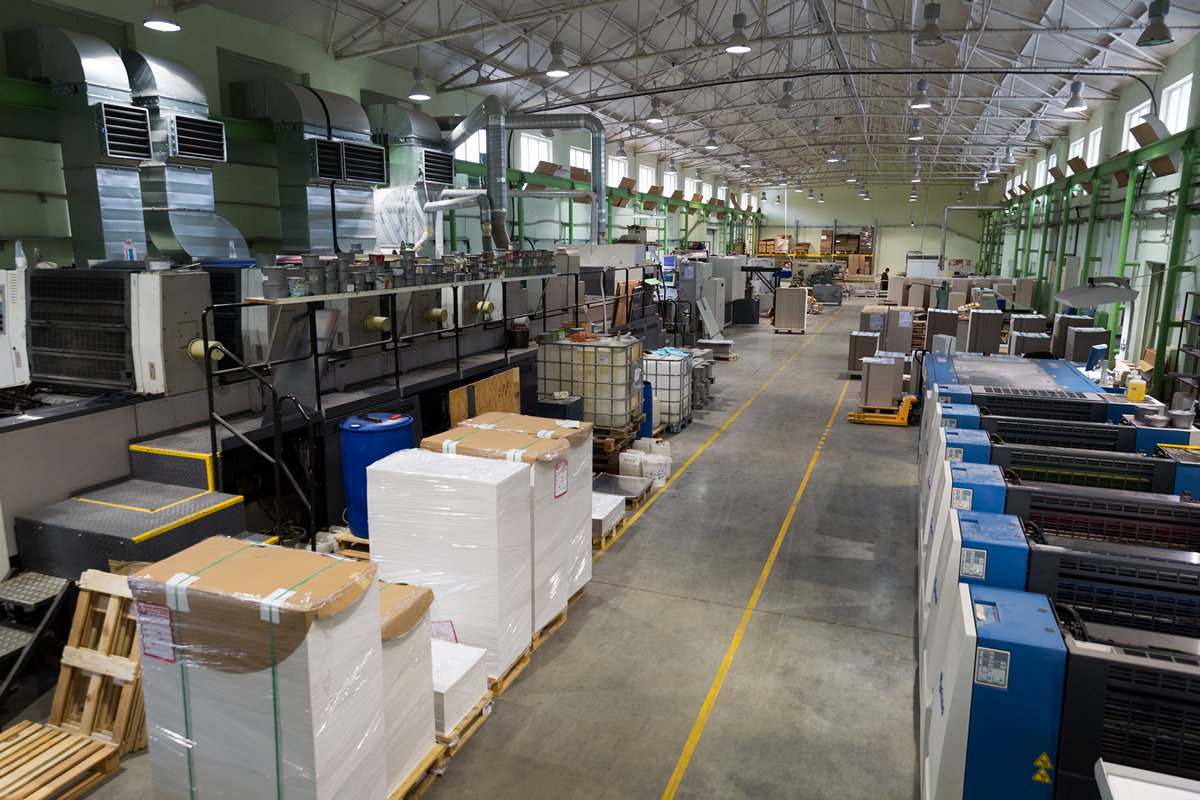In today’s digital age, the battle against counterfeit products has become increasingly crucial. With the rise of e-commerce and global trade, businesses and consumers alike are looking for effective methods to ensure the authenticity of products. One such method that has gained significant traction is the use of QR codes. In this article, we will explore how QR codes fight counterfeits and why they are becoming an essential tool in the fight against fake products.

Introduction to QR Codes
QR codes, or Quick Response codes, are two-dimensional barcodes that can store a wealth of information. Originally developed for the automotive industry, they have now found applications in various sectors. The ability to quickly and accurately read data makes them ideal for tracking and verifying product authenticity.
The Rising Threat of Counterfeiting
Counterfeiting is a global issue that affects numerous industries, from fashion and electronics to pharmaceuticals and automotive parts. According to the International Chamber of Commerce, the global economic value of counterfeiting and piracy could reach $4.2 trillion by 2022. This highlights the urgent need for effective anti-counterfeiting measures.
Impact on Businesses and Consumers
Counterfeit products not only harm businesses by eroding brand reputation and reducing revenue but also pose significant risks to consumers. Fake products often fail to meet safety standards, leading to potential health hazards. As a result, there is a growing demand for solutions that can ensure product authenticity.
How QR Codes Fight Counterfeits
QR codes offer a robust solution for combating counterfeiting. By enabling easy access to product information, they allow consumers to verify the authenticity of a product through a simple scan. Here’s how they work:
Encoding Authenticity Information
Manufacturers can encode information such as the product’s origin, batch number, and unique identification code within a QR code. This data can be accessed by consumers using a smartphone, ensuring that they are purchasing a genuine product.
Real-Time Verification
One of the key advantages of QR codes is their ability to provide real-time verification. By scanning the code, consumers can access up-to-date information about the product, including any alerts or warnings about counterfeit versions.
Integration with Blockchain Technology
The integration of QR codes with blockchain technology further enhances their effectiveness. Blockchain’s decentralized and immutable nature ensures that the data associated with each product is secure and tamper-proof. This provides an additional layer of security in the fight against counterfeits.
Benefits of Using QR Codes for Anti-Counterfeiting
The use of QR codes in anti-counterfeiting efforts offers several benefits:
Cost-Effective Solution
Compared to other anti-counterfeiting measures, such as holograms or RFID tags, QR codes are relatively inexpensive to produce and implement. This makes them an attractive option for businesses of all sizes.
Easy to Implement
Implementing QR codes on product packaging is a straightforward process. With the widespread availability of QR code generators and printing services, businesses can quickly adopt this technology to enhance their anti-counterfeiting efforts.
Consumer Engagement
QR codes also offer opportunities for consumer engagement. By linking codes to promotional content, loyalty programs, or customer feedback platforms, businesses can strengthen their relationship with consumers while ensuring product authenticity.
Case Studies: Successful Implementation of QR Codes
Several companies have successfully implemented QR codes to combat counterfeiting. For example, the pharmaceutical industry has adopted serialization compliance to track and trace medications, ensuring that patients receive genuine products.
The Fashion Industry
In the fashion industry, brands like Louis Vuitton and Gucci use QR codes to authenticate their products, protecting their brand reputation and ensuring customer trust.
The Electronics Sector
Electronics manufacturers have also embraced QR codes to verify the authenticity of their products. By providing customers with a way to confirm the legitimacy of their purchases, companies like Apple and Samsung enhance consumer confidence.
Challenges and Considerations
While QR codes offer numerous benefits, there are challenges to consider:
Code Tampering
Counterfeiters may attempt to replicate or alter QR codes. To mitigate this risk, businesses should employ secure printing methods and regularly update the information linked to the codes.
Consumer Awareness
Educating consumers about the importance of scanning QR codes for verification is crucial. Businesses should invest in awareness campaigns to ensure that consumers understand how to use this technology for authentication.
The Future of QR Codes in Anti-Counterfeiting
The future of QR codes in anti-counterfeiting looks promising. As technology advances, we can expect to see even more sophisticated applications of QR codes in the fight against fake products.
Integration with AI and IoT
The integration of AI and IoT with QR codes will enhance their capabilities, providing businesses with real-time insights into product authenticity and supply chain operations.
Global Adoption
As more industries recognize the benefits of QR codes, we can expect widespread adoption on a global scale. This will contribute to a more secure and transparent marketplace for consumers and businesses alike.
Conclusion
In conclusion, QR codes are a powerful tool in the fight against counterfeits. By offering a cost-effective, easy-to-implement solution, they provide businesses and consumers with a reliable method for verifying product authenticity. As we continue to face the challenges of counterfeiting, embracing technologies like QR codes will be essential in ensuring a safer and more trustworthy marketplace.

FAQ Section
How do QR codes help in anti-counterfeiting?
QR codes help in anti-counterfeiting by encoding authenticity information and allowing consumers to verify products’ legitimacy through a simple scan.
Are QR codes cost-effective for businesses?
Yes, QR codes are a cost-effective solution for businesses looking to implement anti-counterfeiting measures due to their low production and implementation costs.
What industries benefit from using QR codes?
Many industries benefit from using QR codes, including pharmaceuticals, fashion, electronics, and automotive, as they help ensure product authenticity and consumer trust.
This article contains affiliate links. We may earn a commission at no extra cost to you.






